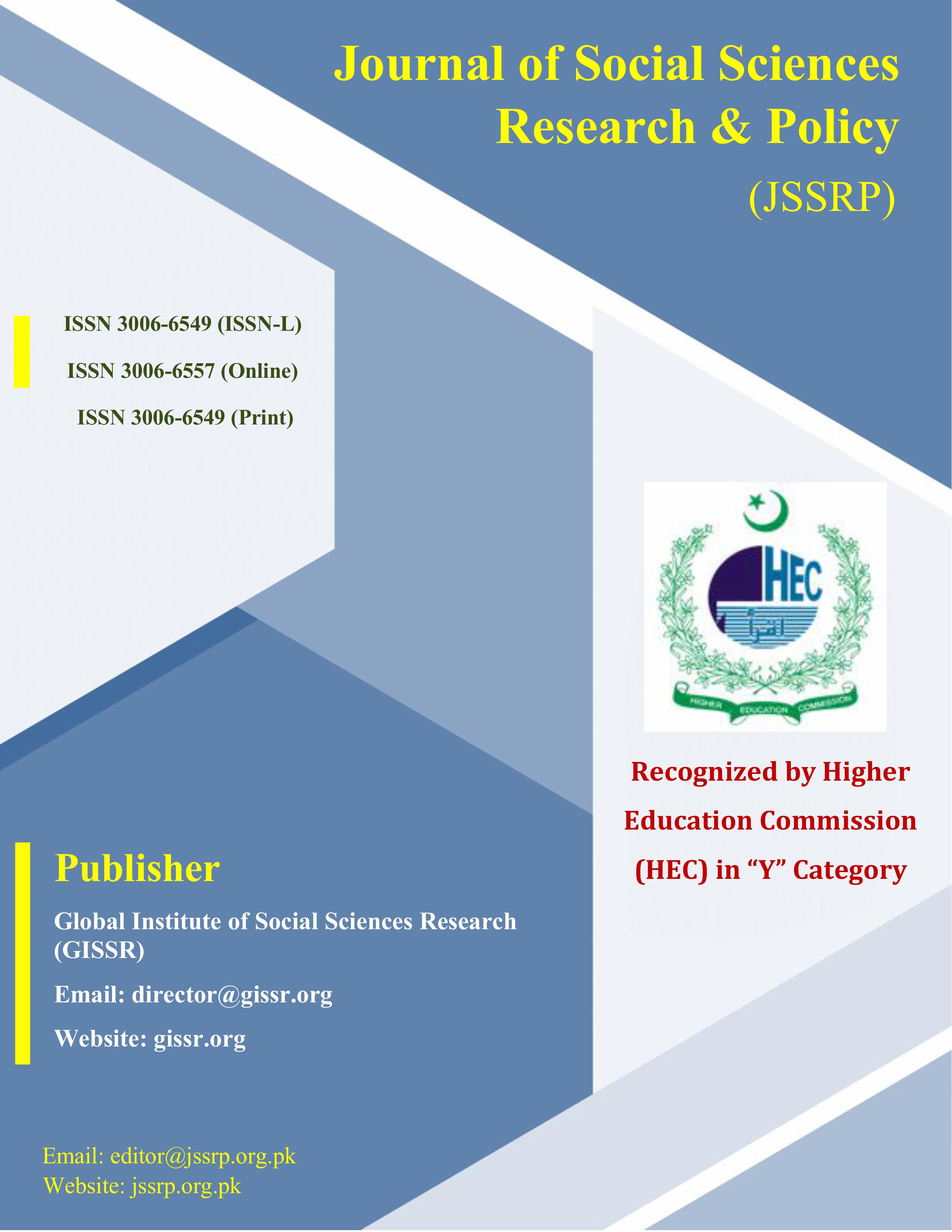Psychological Distress and Marital Adjustment in Spouses of Hepatitis C Patients
Keywords:
Psychological Distress, Marital Adjustment, Hepatitis CAbstract
This study examines the spouses of patients diagnosed with Hepatitis C as it pertains to the level of psychological distress and marital adjustment and effect of illness stag e, gender and socioeconomic status. Caregivers who have to cope with chronic illness in their family are prone to psychological distress, i.e. anxiety, depression and lapses of thought. Fears associated with Hepatitis C add to this caregiving burden for spouses of Hepatitis C patients. This research explores the associations of the Kessler Psychological Distress Scale (K10) and Dyadic Adjustment Scale (DAS) scores between the two spouses. Results show a strong negative relationship between marital satisfaction, consensus, and cohesion and psychological distress. Results show that female spouses and those from lower socioeconomic background exhibit higher distress levels, leading to greater distress on marital adjustment. Furthermore, spouses of patients with advanced stage disease of Hepatitis C present with even worse difficulty in maintaining marital cohesiveness and satisfaction. These results emphasize the importance of targeted psychological and social support interventions for caregivers of patients with chronic illness to strengthen both the personal well-being and marital resilience of caregivers.
Downloads
Published
How to Cite
Issue
Section
License
Copyright (c) 2024 Mashal Qazi, Muqaddas Sana, Samavia Abdullah, Fareeha Bahadar

This work is licensed under a Creative Commons Attribution-NonCommercial 4.0 International License.






